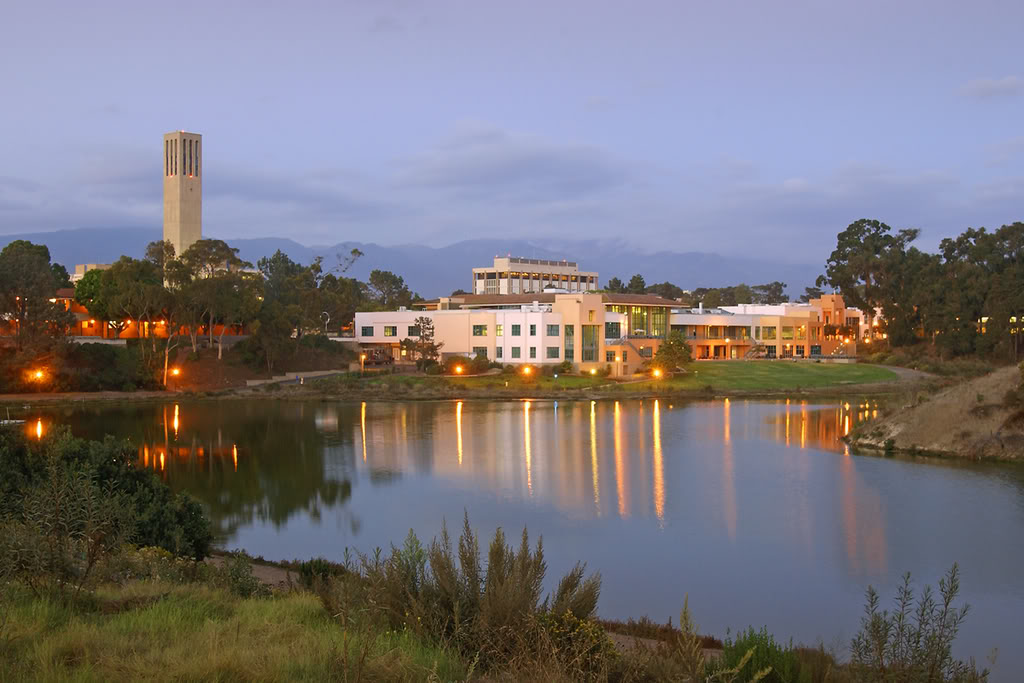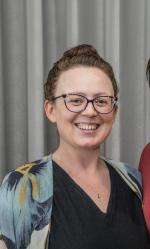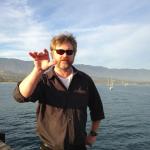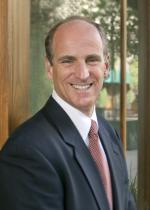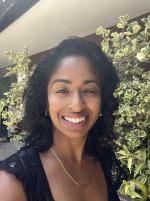Our Mission
The Walter H. Capps Center for the Study of Ethics, Religion, and Public Life at the University of California, Santa Barbara, promotes discussion of how ethical teachings and values relate to civic life -- at the local, national, and global levels. We are committed to the fundamental belief that public dialogue and an informed and engaged citizenry are vital to democratic society. Non-partisan and non-sectarian, the Center seeks to strengthen and extend the principles on which such diverse, modern society rests, namely, tolerance and respect for the views of others, the practice of civility, and efforts to achieve the common good.
To advance its broad goals, the Center sponsors a diverse set of programs and activities including:
-
Public lectures and conversations within the Santa Barbara community and at UC Santa Barbara, bringing well-known speakers on a range of topics each year;
-
Forum discussions within the community and at UC Santa Barbara;
-
A service-learning internship program that sends students to nonprofit organizations within Santa Barbara;
-
Ethics courses on issues related to the Environment, Diversity and Justice, Medicine, and Enterprise and Leadership;
-
Graduate fellowships in support of student research on cultural literacy and related ethical themes.
We serve as a center where students, faculty, and visiting scholars can engage in conversations on a variety of ethical topics.
Director
- Director
- Walter H. Capps Center
- Professor
- Department of Religious Studies
Indigenous traditions, religion and law, method and theory
Associate Director
Internship Coordinator
Administrative Assistant
Instructors
Applied Ethics
Business Ethics & Managerial (Applied) Economics
Research Affiliate
Advisory Board
- Associate Professor
- Department of Religious Studies
American Religion, Secularism and Atheism, Sociology and Anthropology of Religion
- Associate Professor
- Department of Religious Studies
I am an ethnographer and historian of Afro-Diasporic and Latin American religions. I specialize in the study of Cuban Lucumí (popularly called Santería) and other innovative systems of belief and practice that crystallized in the Americas: Brazilian Candomblé, Haitian Vodou, Puerto Rican Espiritismo, and Venezuelan Maria Lionza, among others.
- Assistant Professor
- Department of English
Amrah Salomón’s research and teaching interests focus on transnational and hemispheric Indigenous Studies, the U.S.-Mexico border and Latin America, Women of Color, Indigenous Feminisms, Queer Theory, Critical Geography, Environmental Humanities, Archives, Memory, Film and Media, Social Movements and Activism. She is an activist, educator, and writer of mixed ancestry (O’odham, Mexican, and European). Dr. Salomón directs the Regeneración Lab and is a member of the Center for Interdisciplinary Environmental Justice.
- Professor
- Environmental Studies
Environmental ethics, science and religion, and nature spirituality
- Associate Professor
- J. F. Rowny Chair in Religion and Society
- Department of Religious Studies
My work focuses on intersections of religion, settlement policy, technology, and popular culture in the long nineteenth century (c. 1780-1920). I use case studies from the contested U.S. frontier, and from various new religious movements, to explore how people in those contexts debated and defined each key term in “American religious history”: American, religious, and history.
- Professor
- Departments of Religious Studies and East Asian Languages & Cultural Studies
Mayfair Yang is a cultural anthropologist interested in the intertwined processes of religiosity, secularization, and state operations in Chinese modernity. Areas of research and teaching: Chinese religions & secularization; critical theory; environmental humanities, China Studies, sovereignty and state power; gender and feminism; media studies; cultural approaches to political economy. Her new area of research is religious environmentalism or religion, ecology, and environmental ethics and ontologies.

